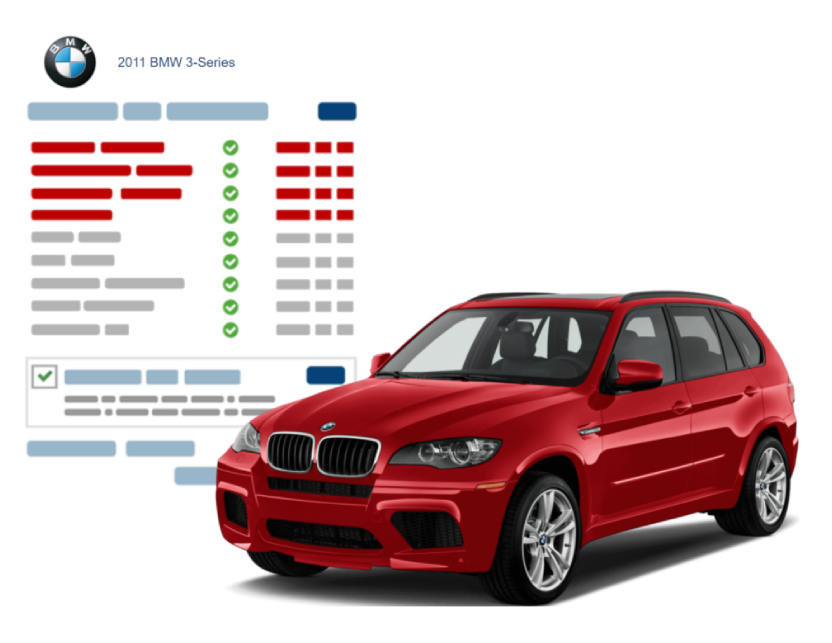
Buying a used car can be a daunting experience, especially when you don’t have enough knowledge about the car’s history. A UK reg check is essential to ensure that the car you are interested in buying has a clear history and is not stolen, written off, or has outstanding finance. This guide covers all the essential aspects of conducting a UK reg check, including plate check, DVLA MOT check history, chassis number, and DVLA VIN number check.
How to Conduct a UK Reg Check?
Plate Check
The first step in conducting a UK reg check is to perform a plate check. This check will reveal the car’s make and model, year of manufacture, and registration date. You can perform a plate check by entering the car’s registration number on the DVLA website or any reputable car check website. The plate check will also provide you with the car’s CO2 emissions rating, fuel type, and vehicle tax details.
DVLA MOT Check History
The next step in conducting a UK reg check is to perform a DVLA MOT check history. This check will reveal the car’s MOT history and any outstanding MOT issues. You can perform a DVLA MOT check history by entering the car’s registration number on the DVLA website. The MOT check will also reveal the mileage recorded during the MOT, the test result, and any advisories.
Chassis Number
The chassis number is a unique identifier assigned to each vehicle during manufacture. Conducting a chassis number check is essential to ensure that the car you are interested in buying is not stolen. You can find the chassis number on the car’s registration document or under the bonnet of the car. You can perform a chassis number check by contacting the police or entering the number on a reputable car check website.
DVLA VIN Number Check
The VIN number is a 17-digit unique identifier assigned to each vehicle. The DVLA VIN number check will reveal the car’s make and model, year of manufacture, and engine size. The VIN number check is also essential to ensure that the car you are interested in buying is not stolen. You can find the VIN number on the car’s registration document or under the driver’s side of the windscreen. You can perform a DVLA VIN number check by entering the number on the DVLA website or any reputable car check website.
Frequently Asked Questions (FAQs)
1. How much does it cost to conduct a UK reg check?
The cost of conducting a UK reg check varies depending on the website you use. Some websites offer free basic checks, while others charge a fee for more detailed reports.
2. Can I conduct a UK reg check on a car I own?
Yes, you can conduct a UK reg check on a car you own. It’s a good idea to check your car’s history periodically to ensure that there are no outstanding issues.
3. Can a UK reg check reveal if a car has outstanding finance?
Yes, a UK reg check can reveal if a car has outstanding finance. This is important information to know before you buy a car to avoid purchasing a car with outstanding finance.
4. Is a UK reg check mandatory when buying a used car?
A UK reg check is not mandatory when buying a used car. However, it’s strongly recommended to conduct a UK reg check to avoid purchasing a car with a hidden history.







